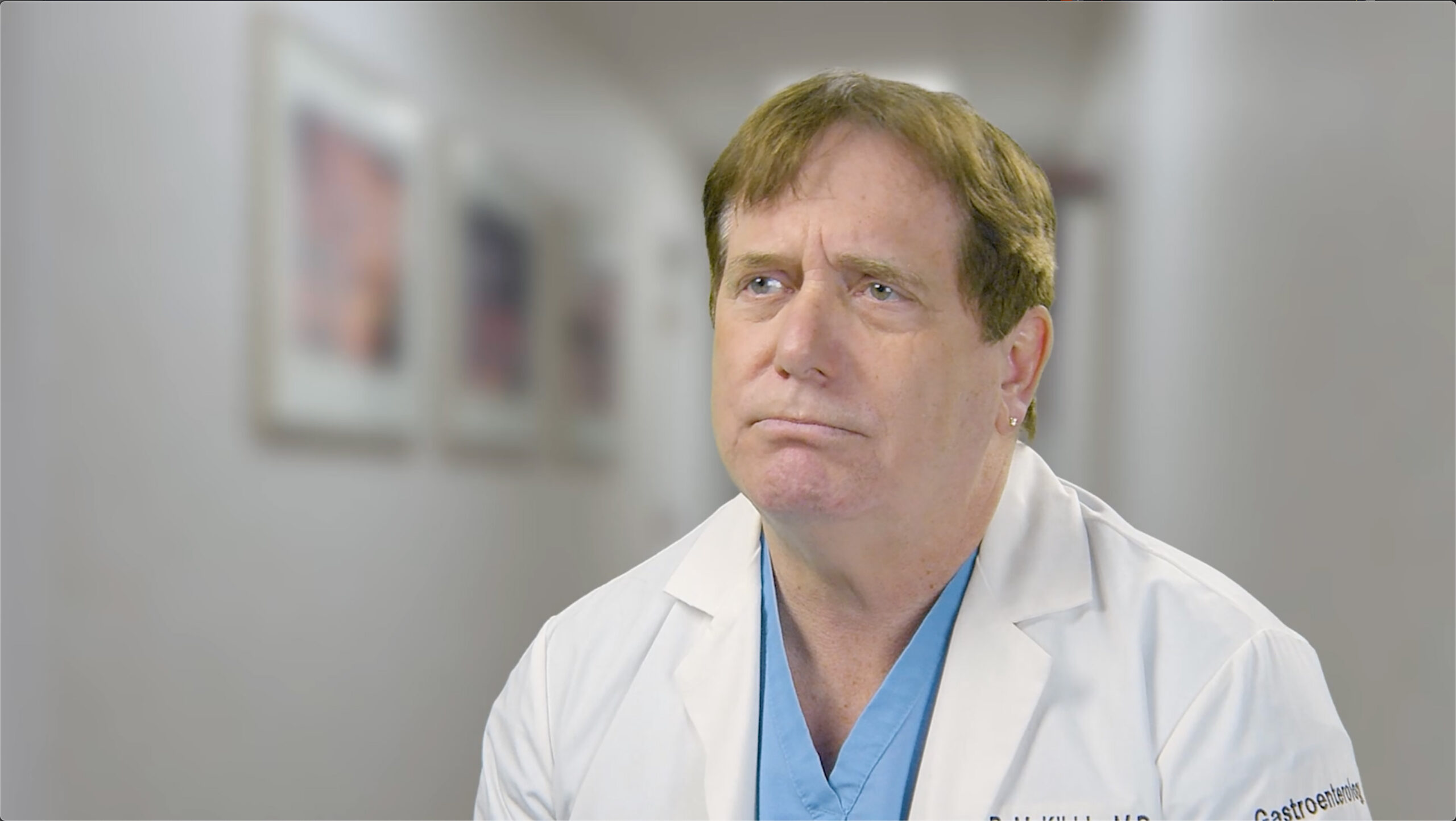ASBM has released our latest video, “Non-Medical Switching”, featuring ASBM Chairman Ralph McKibbin, MD.
In the video, Dr. McKibbin shares new data from ASBM’s recent survey of 401 U.S. prescribers of biologics, as well as his own observations on the controversial practice. Among the survey findings:
- 69% of US physicians surveyed consider it “very important or critical” that patients and physicians decide the most suitable biologic to use- the originator or one of the biosimilars.
- 67% say it’s “very important” or “critical” that they’re able to prevent a substitution they feel is inappropriate.
- 71% agree that insurers should reimburse multiple products in a given class, including the originator drug as well as the various biosimilars.
“This kind of competition preserves choice and lowers costs”, explains Dr. Mckibbin.
Survey data also show that U.S. physicians are confident in and comfortable prescribing biosimilars: 89% would prescribe one to a new patient, and 80% are comfortable switching a patient to a biosimilar. Third-party switching for non-medical reasons, however, raise concerns among physicians, explains McKibbin:
What’s at stake is who controls treatment decisions: will it be the physician and patient making a customized treatment plan based on the patient’s history? Or will it be insurance companies and pharmacy benefit managers funneling all patients onto the most profitable one-size-fits-all treatment program?
